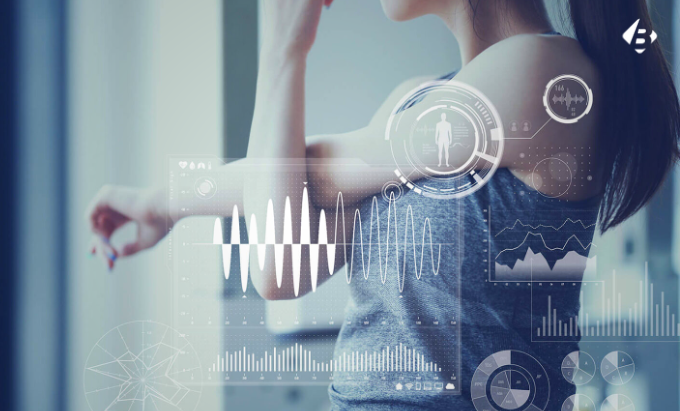
The healthcare landscape is undergoing a seismic shift, driven by the burgeoning power of the Internet of Medical Things (IoMT). This interconnected network of medical devices, sensors, and software applications is transforming the way we monitor, diagnose, and manage health, paving the way for a future of personalized, proactive, and predictive healthcare.
The IoMT Advantage:
- Real-time monitoring: IoMT devices collect and transmit vital health data in real-time, allowing healthcare professionals to monitor patients remotely and intervene proactively.
- Early Detection and Prevention: By continuously tracking health metrics, IoMT systems can detect early signs of potential health issues, enabling preventative measures and timely interventions.
- Personalized Healthcare: IoMT data empowers healthcare providers to tailor treatment plans based on individual patient needs and responses, leading to more effective and personalized care.
- Chronic Disease Management: IoMT devices enable patients with chronic illnesses to actively manage their health and track their progress remotely, improving their quality of life and reducing healthcare costs.
- Enhanced Clinical Trials: By leveraging IoMT data, clinical trials can be conducted more efficiently and effectively, accelerating the development of new drugs and therapies.
Real-world Applications:
- Remote patient monitoring: Wearable devices and sensors can track heart rate, blood pressure, blood glucose levels, and other vital signs, allowing for continuous monitoring of patients with chronic conditions like diabetes and heart disease.
- Smart inhalers: These connected devices track medication usage and provide feedback to patients and healthcare providers, improving asthma management and reducing the risk of exacerbations.
- Telemedicine: IoMT data can be integrated with telemedicine platforms, enabling remote consultations and diagnoses, increasing accessibility and convenience for patients.
- Medication adherence: Smart pillboxes and other devices can track medication intake and remind patients to take their medication as prescribed, improving adherence to treatment plans.
- Wound care: Connected wound dressings can monitor the healing process and alert healthcare providers to potential complications, leading to faster and more effective treatment.
Challenges and Opportunities:
Despite its immense potential, the IoMT also presents certain challenges:
- Data Privacy and Security: Protecting sensitive patient data from unauthorized access and breaches is a critical concern requiring robust cybersecurity measures.
- Interoperability and Standardization: Ensuring seamless communication and data exchange between different IoMT devices and systems is crucial.
- Regulatory Landscape: Establishing clear regulations for data collection, usage, and privacy is necessary for responsible development and adoption of IoMT technologies.
- Healthcare Infrastructure and Training: Healthcare systems need to invest in infrastructure upgrades and training programs to effectively integrate and utilize IoMT technologies.
Shaping the Future of Healthcare:
The IoMT is poised to revolutionize healthcare by:
- Creating a connected healthcare ecosystem where data flows seamlessly between devices, patients, and healthcare providers.
- Enabling personalized and predictive healthcare, tailored to individual needs and health risks.
- Empowering patients to take an active role in managing their health and well-being.
- Reducing healthcare costs through preventive care, early detection, and efficient resource allocation.
The IoMT’s potential to revolutionize healthcare is evident in its real-world applications, from remote patient monitoring to smart inhalers. Balancing opportunities with challenges like data privacy is crucial for its responsible implementation.
Exciting to see the IoMT advancing healthcare with real-time monitoring and personalized treatment plans. Addressing challenges such as data privacy and standardization will be key for a seamless and secure integration.
The IoMT is reshaping healthcare with innovations like remote patient monitoring and smart inhalers. Overcoming challenges like data security and regulatory clarity is pivotal to unlock its full potential.
The IoMT’s impact on chronic disease management and clinical trials is impressive. As we embrace this transformative technology, addressing challenges in data privacy and healthcare infrastructure will be instrumental in shaping a smarter and healthier future.